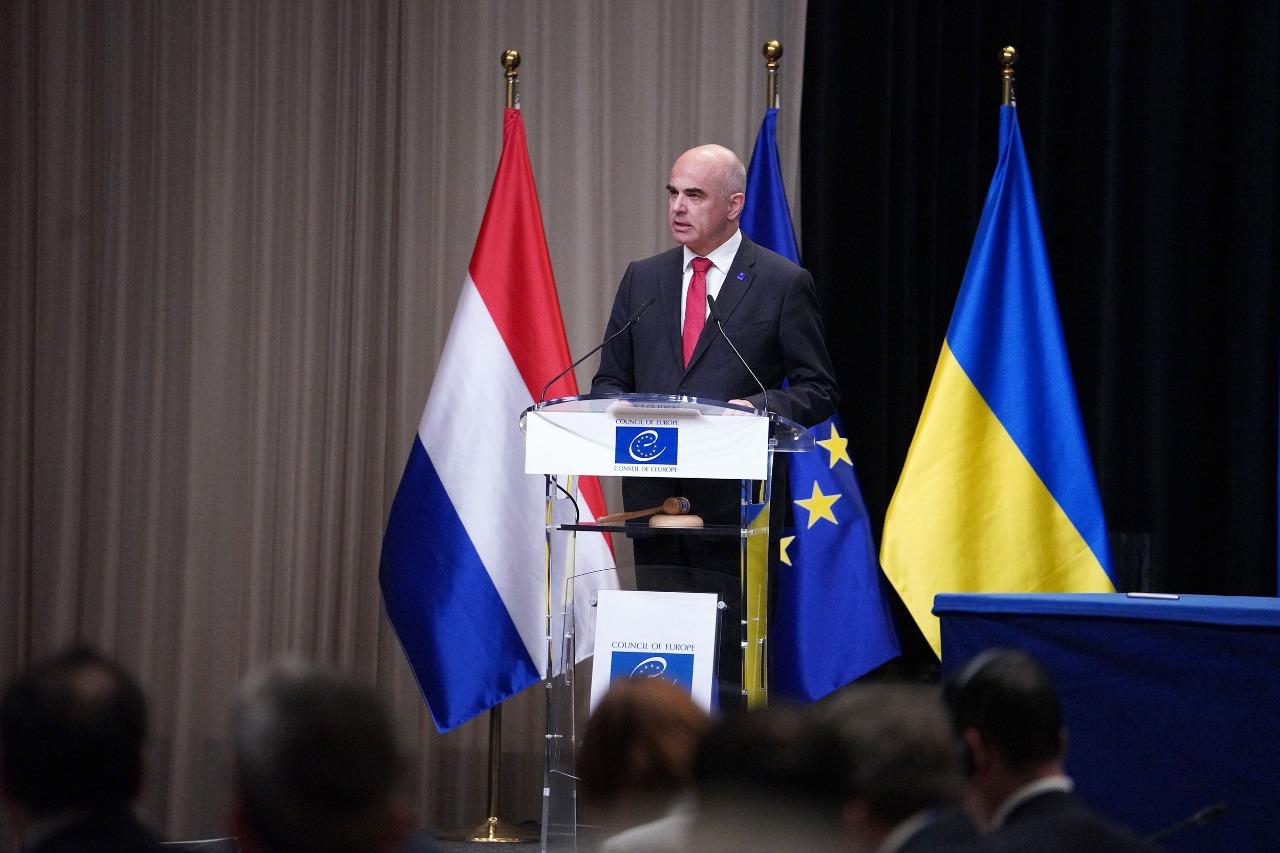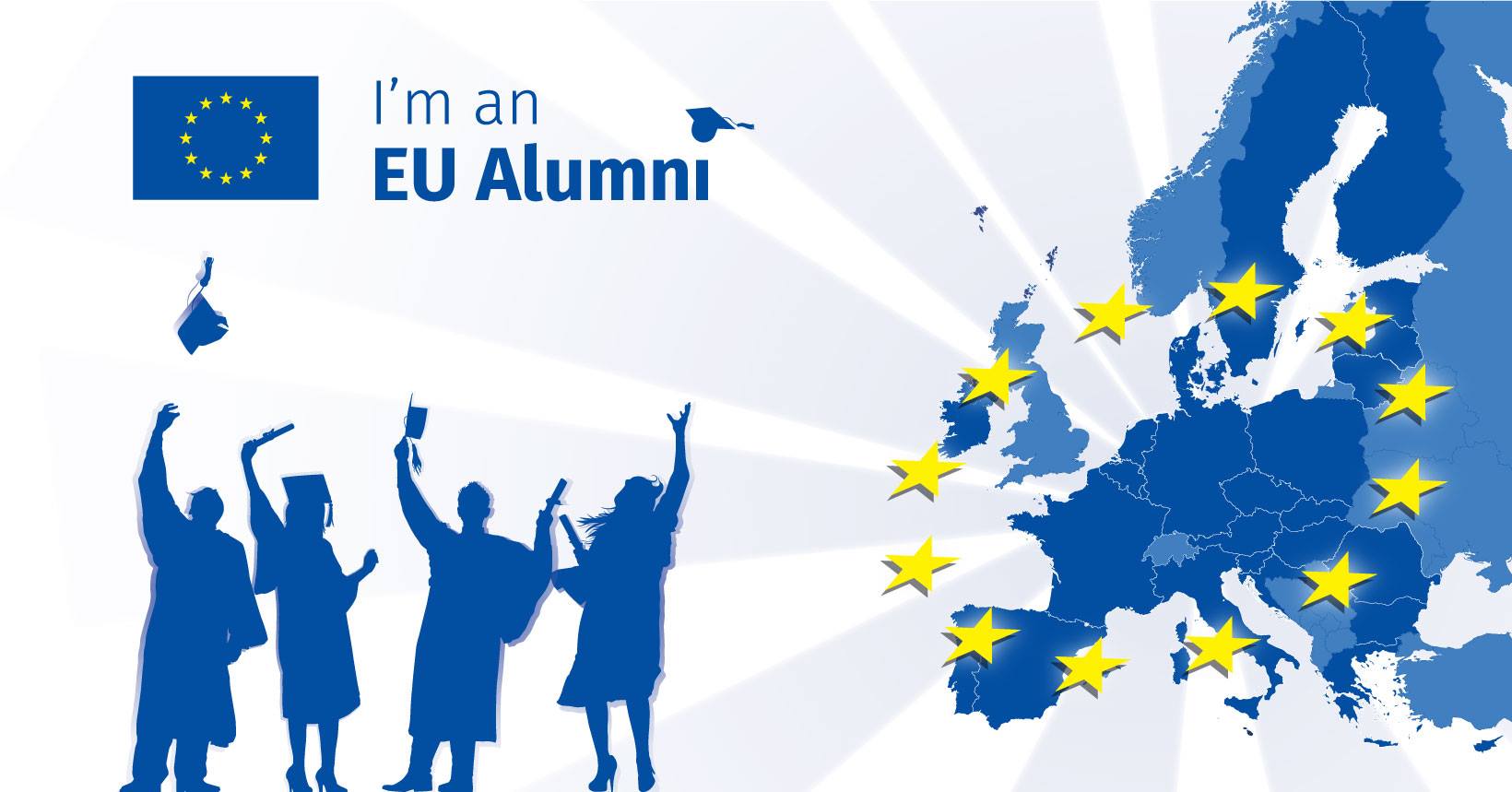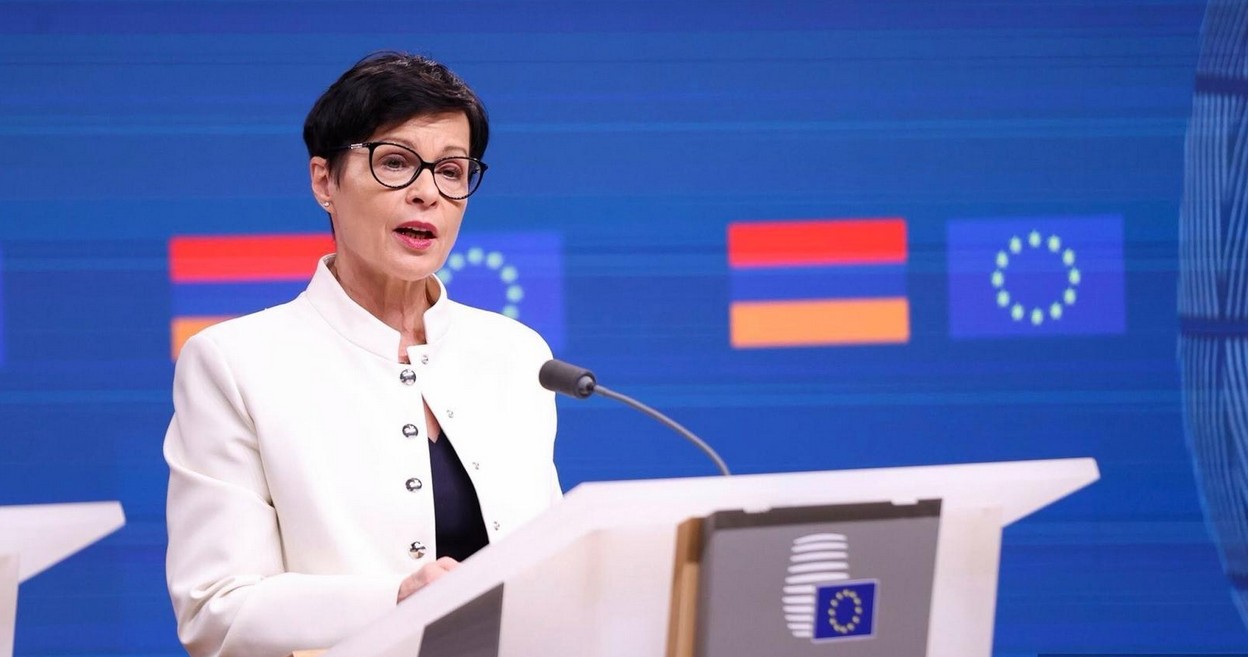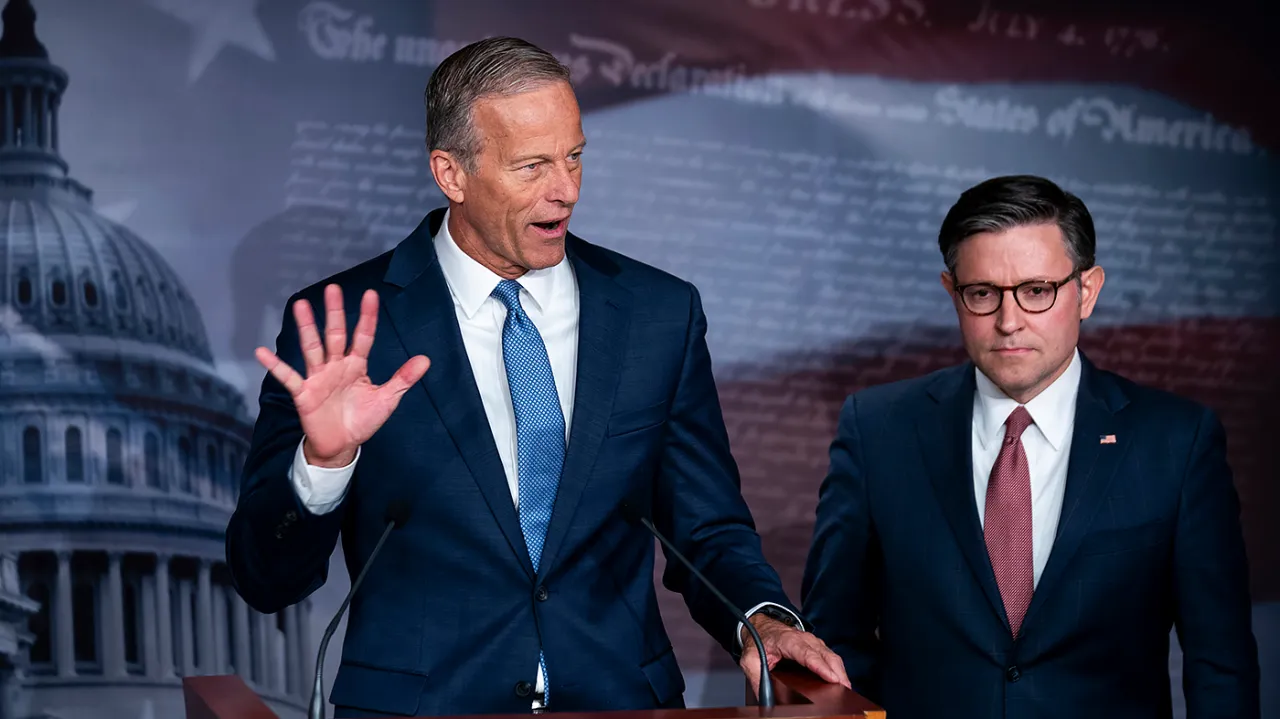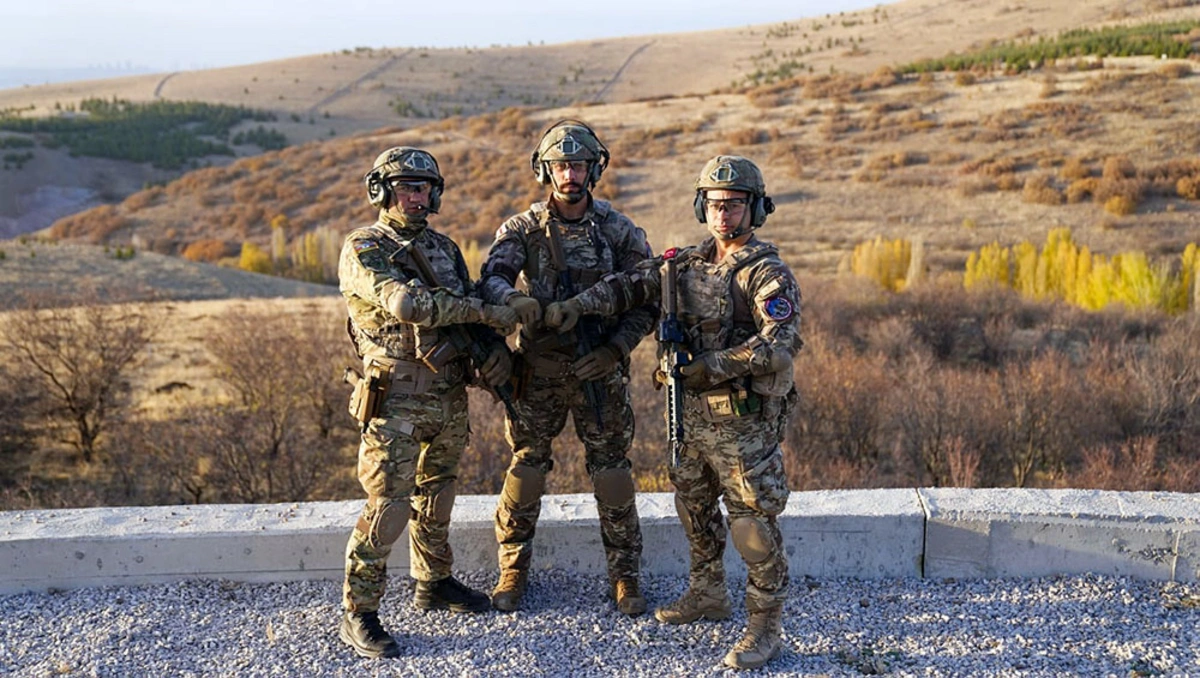„Israel aspires to a complete cessation of hostilities and the civilian populations on both sides are pining for peace“, - Said Ambassador Extraordinary and Plenipotentiary of Israel to Georgia Mr. Ran Gidor in an interview with Europe Time. He also said that the Israeli government is also mindful of the need to create effective deterrence:
_The United Nations speaks about the danger of a "full-scale war" in the Middle East. In the interview, you mentioned once the need for pressure on Hamas from the international community, what exactly should this activity be expressed?
Hamas needs to understand that there is ‘zero tolerance’ among the international community towards terrorism, the indiscriminate shelling of civilian population centers, and the use of violence. Moreover, some rogue states (such as Iran), who continue to support Hamas (which is formally listed as a ‘terrorist organization’ in the US, EU, Canada, Australia, etc.), need to face the grim consequences of their choices.
_International leaders speak about the need for de-escalation and make relevant calls. How do you find out the ways and steps towards de-escalation?
Naturally, Israel aspires to a complete cessation of hostilities and the civilian populations on both sides are pining for peace. However, the Israeli government is also mindful of the need to create effective deterrence. Israel did not start this conflict, but rather – was taken by surprise at the sudden and unprovoked launching of rockets into its territory. Therefore, we need to try and make sure that Hamas will never again be tempted to undertake such an attack or start such a catastrophic adventure. Otherwise, we’d be doomed into an endless cycle of violence.
_Bilateral relations are actively developing with all major spheres between Israel and Georgia, including regular bilateral and multilateral political dialogue, cooperation between the legislatures, inter-parliamentary friendship groups have been established. How do you assess these relations and what do you consider the main priority?
Israeli-Georgian bilateral relations have always been excellent, as is evident by the overwhelming support we have been enjoying among all levels of Georgian society since the beginning of the current conflict. However, I think that too much stress has been placed on our glorious, shared past of 26 centuries of coexistence, and not enough effort has been made towards injecting our bilateral relations with fresh substance. Dialogues, friendship groups, and bilateral visits are all important in themselves, but ultimately they need to lead to practical results. Currently, our bilateral trade is minuscule (42 million USD in 2019) and the level of investment is quite low. Therefore, for me – the top priority is to use Israeli expertise in order to support the incipient Georgian high-tech ecosystem, to lay down the necessary framework of agreements that would boost bilateral trade and investment, and to support the creation of agricultural, scientific, and industrial joint-ventures.
Moreover, last month (April 2021) Israelis were the second biggest group of foreign visitors to Georgia (after Turkey), and in 2019 more than 200,000 of my compatriots visited this country. Whereas Israeli tourism is an enormous source of revenue and jobs for the Georgian economy, we need to make Israelis realize that Georgia has so much more to offer than just khachapuri, khinkali and good wine.
_Israel is a leading country in terms of vaccination, is there any additional program/project planned in terms of sharing experience? We know that the Embassy of Israel and the Agency for International Development (MASHAV) have made great efforts to assist Georgia in the fight against COVID19.
Since the beginning of the pandemic, the Israeli embassy and MASHAV have made large contributions to all the relevant bodies fighting the spread of COVID19 in Georgia. We have supported NCDC (National Centre for Disease Control), the Georgian Red Cross Society, and the Georgia office of the WHO (World Health Organization). We have also invited some top Georgian public health experts to take part in an international forum convened by MASHAV on a bi-weekly basis in order to share best practices and lessons learned. Additionally, MASHAV (which has been operating in Georgia since 1992) has so far trained over 1,500 Georgian women and men in a wide spectrum of academic and professional disciplines, ranging from agriculture – to innovation & entrepreneurship – to public health. We will continue to support our Georgian friends and partners throughout this difficult period.



